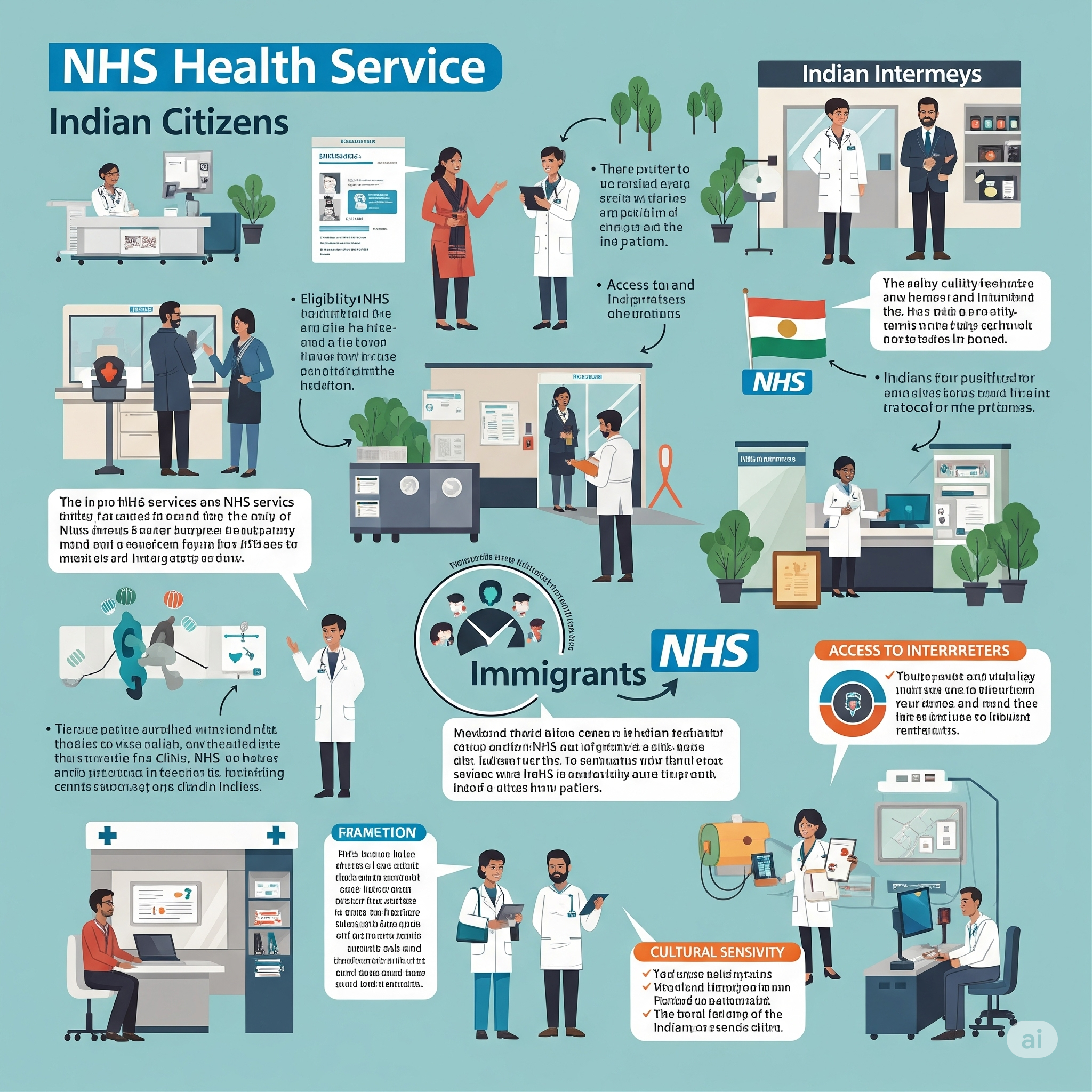Pros and Cons of Working Abroad After Studies – What You Should Know
🌍 Pros and Cons of Working Abroad After Studies – What You Should Know
Graduating from a foreign university opens the door to global job opportunities — but is working abroad after studies really the right move for you?
While working abroad can accelerate your career, offer financial independence, and expose you to world-class work cultures, it also comes with its fair share of challenges. In this blog, we’ll break down the key pros and cons to help you make a smart, informed decision.
✅ Pros of Working Abroad After Studies
1. Global Career Exposure
Working abroad gives you hands-on experience with international standards, business practices, and tools.
- Learn how global companies function
- Add global names to your resume
- Gain a competitive edge in the job market
2. Higher Salary Potential
Jobs in countries like the USA, Canada, UK, and Australia often offer much higher pay than entry-level roles in India.
- Tech roles, finance, healthcare, and data analytics are particularly rewarding
- Cost of living is higher, but so is disposable income
3. Post-Study Work Visa Opportunities
Many countries offer generous post-study work visas, making it easier to gain real experience.
- Canada: PGWP up to 3 years
- UK: Graduate Route – 2 years
- Australia: Temporary Graduate visa – up to 6 years depending on degree
- Germany: 18-month job-seeking visa after graduation
4. Pathway to Permanent Residency (PR)
Working abroad after studies can fast-track your path to residency.
- Countries like Canada, Australia, and Germany favor international graduates for PR
- Having a local job offer strengthens your immigration profile
5. Networking and Professional Growth
You’ll build international connections that can last a lifetime.
- Learn from diverse teams
- Attend global conferences, training, and meetups
- Opportunities to work across borders or relocate within multinational companies
6. Personal Development
Living and working independently abroad shapes you.
- You become more adaptable, confident, and globally aware
- Learn time management, cultural sensitivity, and self-reliance
❌ Cons of Working Abroad After Studies
1. Work Visa Limitations
You might need employer sponsorship, and visa renewals can be uncertain.
- USA: H-1B lottery is highly competitive
- UK: Tier 2 sponsorship required for most full-time jobs
- Limited number of visa slots or restrictions for certain roles
2. Homesickness and Isolation
Staying away from family for an extended period can be emotionally difficult.
- Time zone differences make communication harder
- Important life moments like weddings or festivals may be missed
3. Cultural and Language Barriers
Not all countries are equally easy to adapt to.
- Language barriers (especially in non-English-speaking countries)
- Differences in workplace culture and social norms
- Risk of feeling excluded or discriminated against in rare cases
4. Cost of Living
In many developed countries, high living costs can eat into your salary.
- Rent, healthcare, transport, and food can be expensive
- You might end up saving less than you expect
5. Uncertainty in Job Market
Economic downturns, policy changes, or layoffs can impact your job stability.
- Being on a visa means limited job-switch flexibility
- You may have to leave the country if unable to find a job within the visa grace period
6. Complicated Taxation
You may be required to pay taxes both in the foreign country and (under certain conditions) in India.
- Understand Double Taxation Avoidance Agreements (DTAA)
- Filing tax returns in both countries can be complex
🧭 How to Decide What’s Right for You
Ask yourself:
- Am I okay living far from family long-term?
- Is my field of study in demand in the country I studied in?
- Do I want international experience before coming back to India?
- Can I handle visa uncertainties and high living costs?
📌 Pro Tip: Connect with alumni or professionals in your field using platforms like LinkedIn or AbroadSaathi to hear real-world experiences.
📱 Use AbroadSaathi to Help You Decide
Download the AbroadSaathi app to:
- Connect with Indian students and professionals working abroad
- Get visa and job updates for your destination country
- Explore tools for post-study career planning and immigration
- Join supportive communities for mental wellness, job hunting, and more
📝 Final Thoughts
Working abroad after studies can be a life-changing opportunity — but it's not for everyone. Weigh the pros and cons based on your personal goals, financial situation, and career aspirations.
If you're looking to grow professionally, earn well, and explore global life, then the experience can be priceless. But if family, stability, or cultural comfort matter more, returning home might make more sense.
Whatever you choose, make the decision intentionally — not emotionally.
Connect With the Indian Community living Abroad.
Comments
Latest Articles

Aldi, Lidl & German Grocery Culture: Budget Shopping for Indian Students

UK NHS for Indians: How Healthcare Works and What to Expect

Why So Many Indians Are Choosing PR in Canada Over H-1B in the US

Should Indian Students Abroad Consider Blue-Collar Jobs for Experience?
